I doubt anyone was prepared for The Life and Death of Colonel Blimp when it happened. It was the second film to be co-written, co-produced, and co-directed by Michael Powell and Emeric Pressburger. Their first — One of Our Aircraft Is Missing (1942) — scarcely hinted at the scope, ambition, or cinematic fireworks on display here. It was also a little bit insane. It was not a film that was much wanted. Winston Churchill, in fact, thought it was bad for the war effort and tried to have it stopped. (He succeeded in preventing Powell and Pressburger from having access — at least legal access — to any of Britain’s military vehicles or equipment.) It was banned. It was recut. In the US — where the character of Colonel Blimp meant little — the distributors were worried about both the length of film and the structure, so they hacked 50 minutes out of it and changed the structure to a straightforward one. It wasn’t until Colonel Blimp was fully restored in 1983 (yes, 40 years after it was made) that it was seen as intended. The impact was intense. It even led critic Dave Kehr to somewhat extravagantly claim that it might be the best film Britain had ever made. I won’t go that far, but it is certainly a remarkable work.
As noted, it really isn’t about the cartoonish Colonel Blimp. It starts out looking that way when we first meet the character — or more correctly, the film’s incarnation of him as General Clive Wynne-Candy (Roger Livesay). Physically, he’s the living embodiment of the cartoon — a blustering, fat old warhorse, who espouses out of date “that’s not playing the game” maxims to some enterprising young soldiers, who’ve ignored the order that war games start at midnight and captured him hours early in a Turkish bath. But Wynne-Candy quickly proves he’s not quite what they think — “You laugh at my big belly but you don’t know how I got it! You laugh at my mustache but you don’t know why I grew it!”
That’s the real point of the film — to show us the man behind the cartoon. What it reveals is a damaged romantic, an idealist — a man who fell in love with Edith Hunter (Deborah Kerr) in 1902, lost her to the man he fought a duel with, Theo Kretschmar-Schuldorff (Anton Walbrook), and then befriended, and never got over her. This is handled with amazing depth and sophistication so that we know Clive is in love with her even when he hasn’t figured it out — and it’s even suggested she was in love with him, but since he jovially approves her marriage to Theo, says nothing. She haunts him — reappearing in two different women (all played by Kerr) throughout his life. He even marries one — with her knowledge of why he’s in love with her.
But it’s also just as much the story of his friendship with Theo — something that survives Theo getting the girl and being on the other side in WWI, extending into the modern times of WWII when Theo is a refugee seeking asylum from Hitler in Britain. All these relationships feel authentic. They feel very real — and very touching. Also real is Clive’s changing — often diminished — role in the British Empire, how he goes from being a forward-thinking young man to a kind of relic. The sequence where his BBC radio speech is cancelled at the last minute — replaced by something from J.B. Priestley — for not being good for the war effort — is both heartbreaking and an obvious jab at Churchill, which cannot have played well with war office.
The only way to know this film is to actually see it. It’s impossible to adequately convey what a major work this in words. That’s probably true of most movies — though I admit I’ve seen my share of films that sounded better when described by critics and historians than they played (at least for me) — though Colonel Blimp is a very special case. Without seeing it, you can’t begin to imagine its striking use of Technicolor, or the way it defies expectations, or how modern it seems, or what it all feels like. In other words, see this one.
The Asheville Film Society will screen The Life and Death of Colonel Blimp Tuesday, July 14, at 8 p.m. in Theater Six at The Carolina Asheville and will be hosted by Xpress movie critics Ken Hanke and Justin Souther.



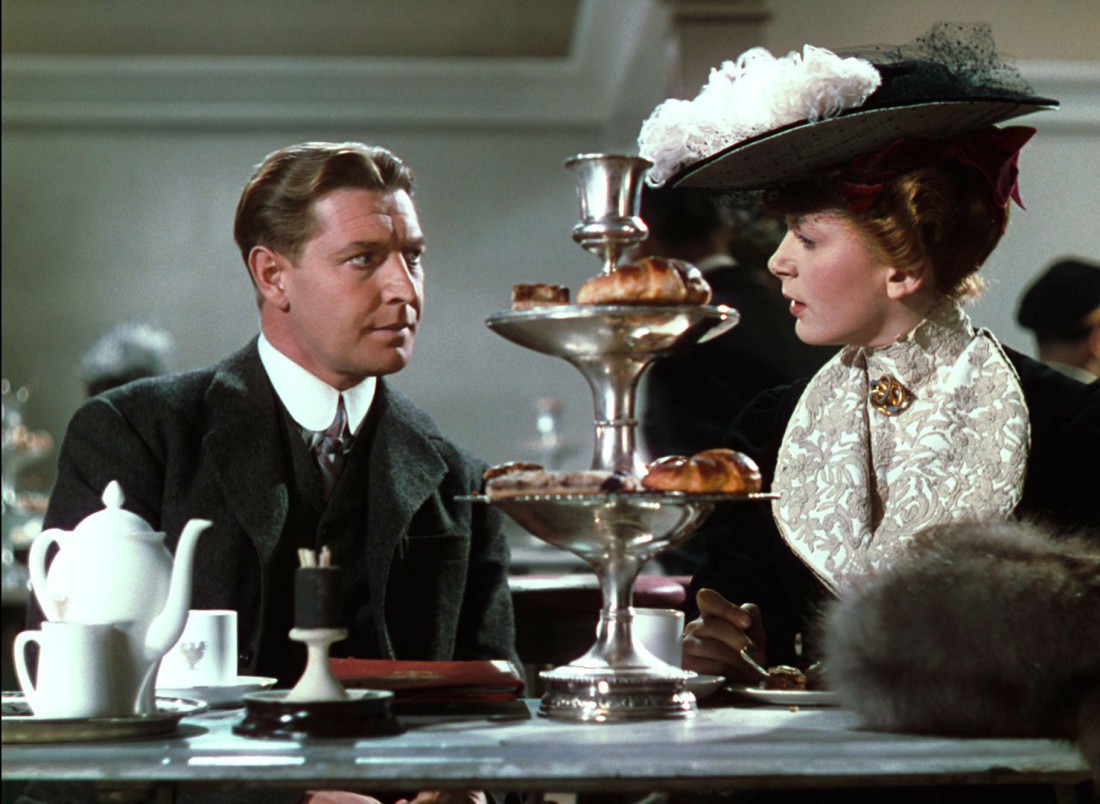
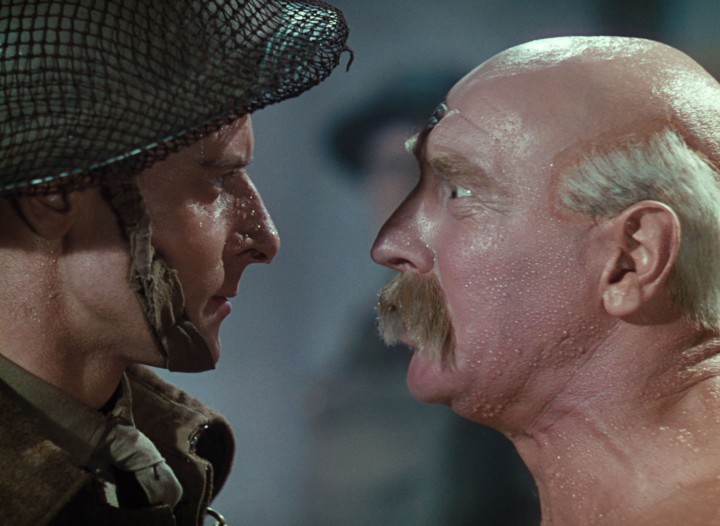
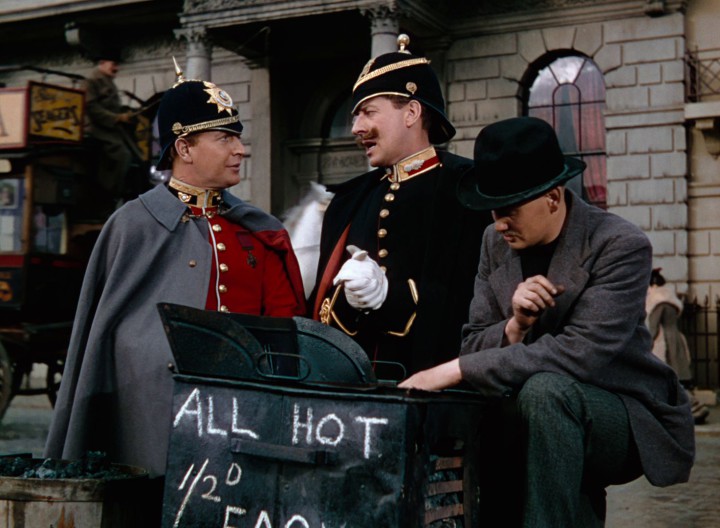
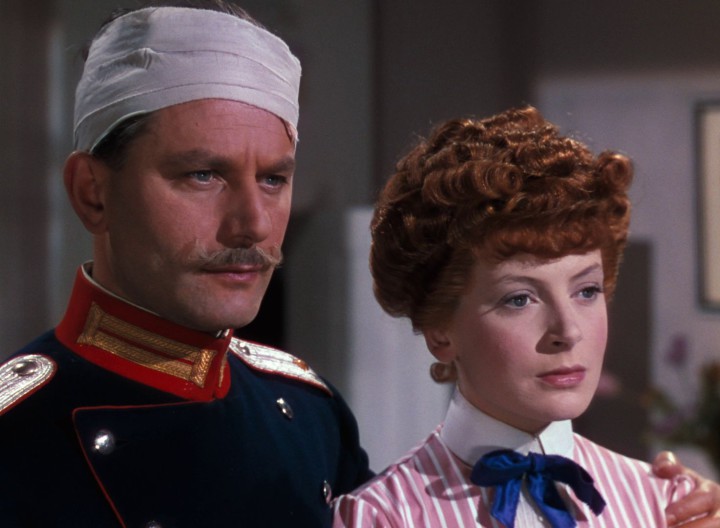
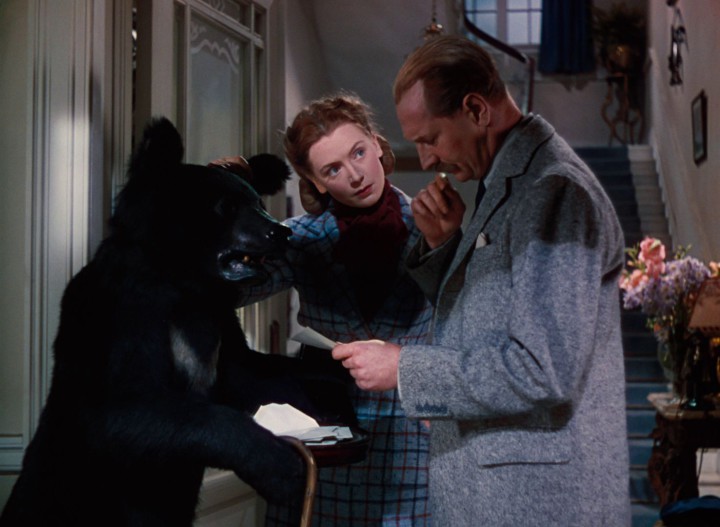
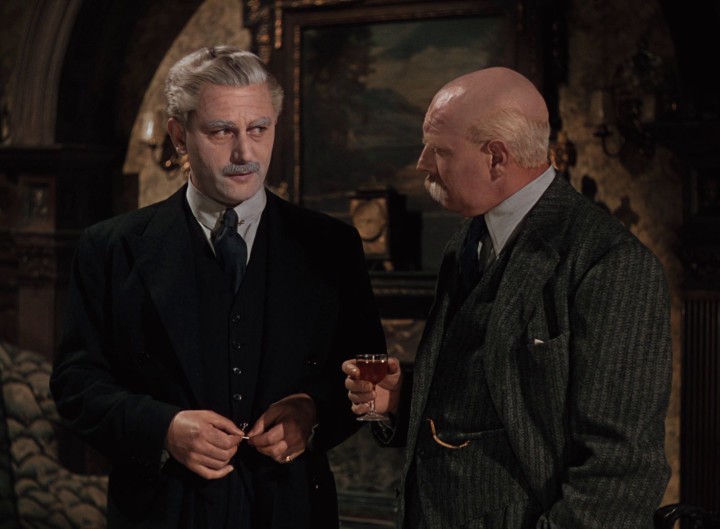
It wasn’t until Colonel Blimp was fully restored in 1983 (yes, 40 years after it was made) that it was seen as intended.
That timing is somewhat ironic, considering the young soldier talks about what his life will look like in 1983.